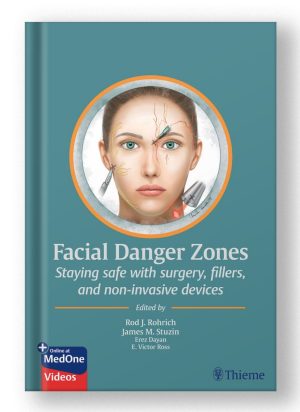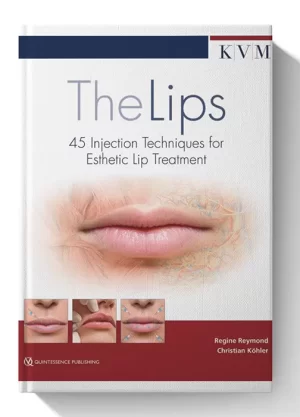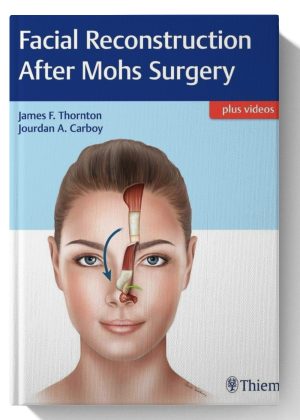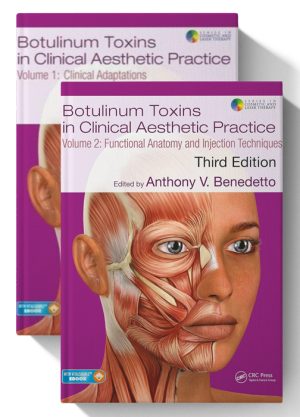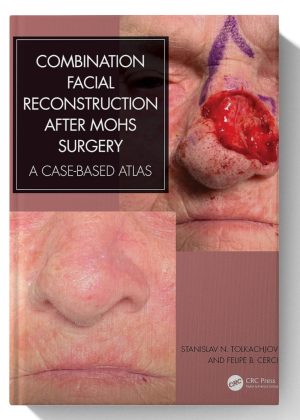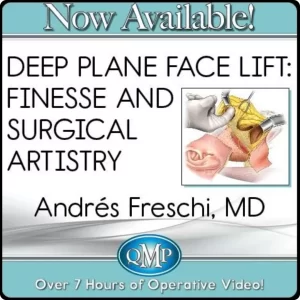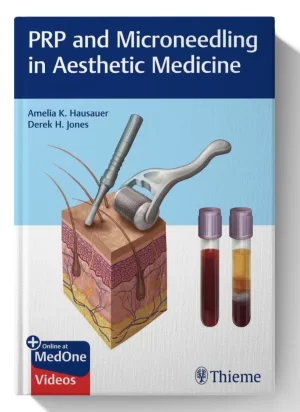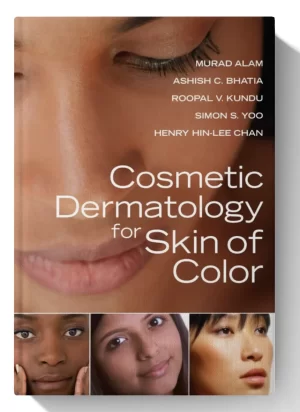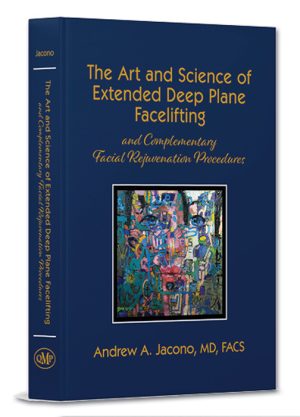Facial Danger Zones: Staying Safe with Surgery, Fillers, and Non-invasive Devices – Authored by the internationally acclaimed plastic surgeon Rod Rohrich and distinguished co-authors James Stuzin, Erez Dayan, and E. Victor Ross, this book is an essential reference for navigating the complex facial anatomy safely. It aims to assist surgeons in achieving optimal results and ensuring safe outcomes for various facial cosmetic procedures. The book is a valuable resource for a multidisciplinary audience, offering expert knowledge on intricate facial anatomy and the use of minimally invasive technologies.
Key Highlights of the Book:
Comprehensive Structure: Divided into three parts, each focusing on different aspects of facial safety:
Part One: Covers facial tissue anatomy, fat compartments, facial nerve danger zones, nerve branches, protective measures, and dissection considerations for safe facelift surgery.
Part Two: Provides in-depth guidance on safely using fillers and neuromodulators in six facial danger zones.
Part Three: Details the safe application of energy-based devices, including ablative and non-ablative lasers, chemical peels, radiofrequency, and cryolipolysis.
Safety Tips and Techniques: Offers superb dissection safety tips for cosmetic procedures like facelifts, emphasizing facial danger zones.
Visual Learning Aids: Enhanced with cadaver dissections, illustrations, and patient case photographs to graphically describe the prevention and consequences of facial injuries.
Practical Application: The text is richly illustrated, describing how to safely and effectively use lasers, chemical peels, noninvasive fat removal, and skin tightening devices.
Expert Authorship: The combined expertise of renowned authors provides invaluable insights into facial cosmetic procedures.
‘Facial Danger Zones: Staying Safe with Surgery, Fillers, and Non-invasive Devices’ is an indispensable guide for trainees and veteran surgeons specializing in plastic, facial plastic, dermatologic, oculoplastic, and head and neck surgery, as well as other practitioners in related fields.


